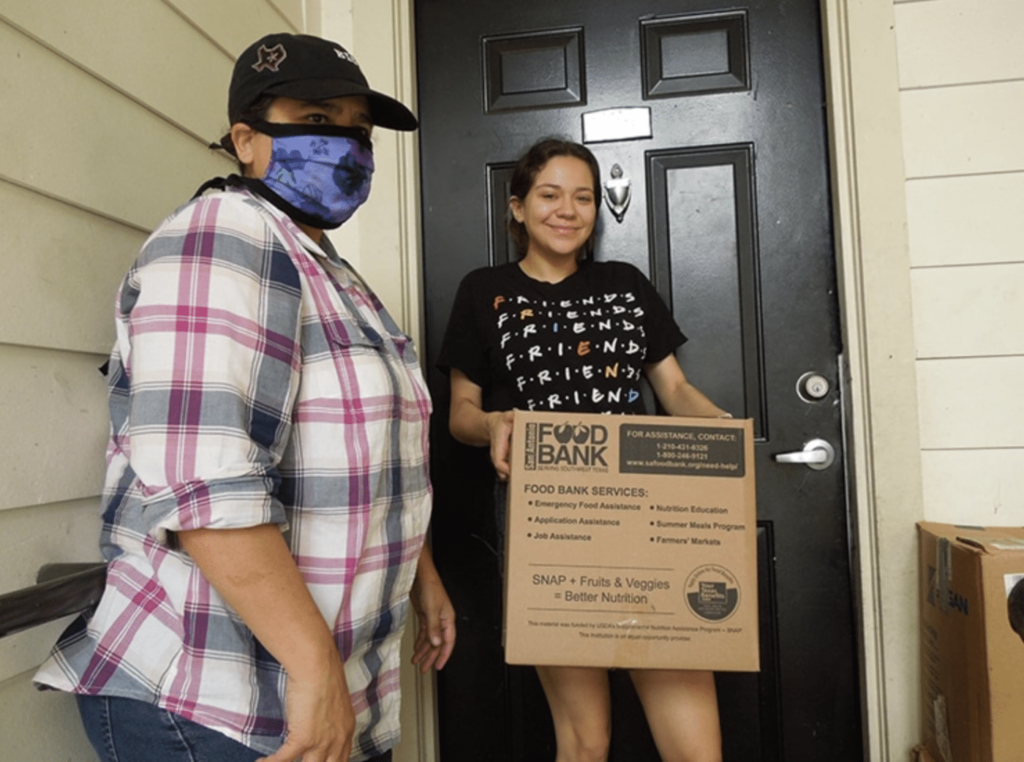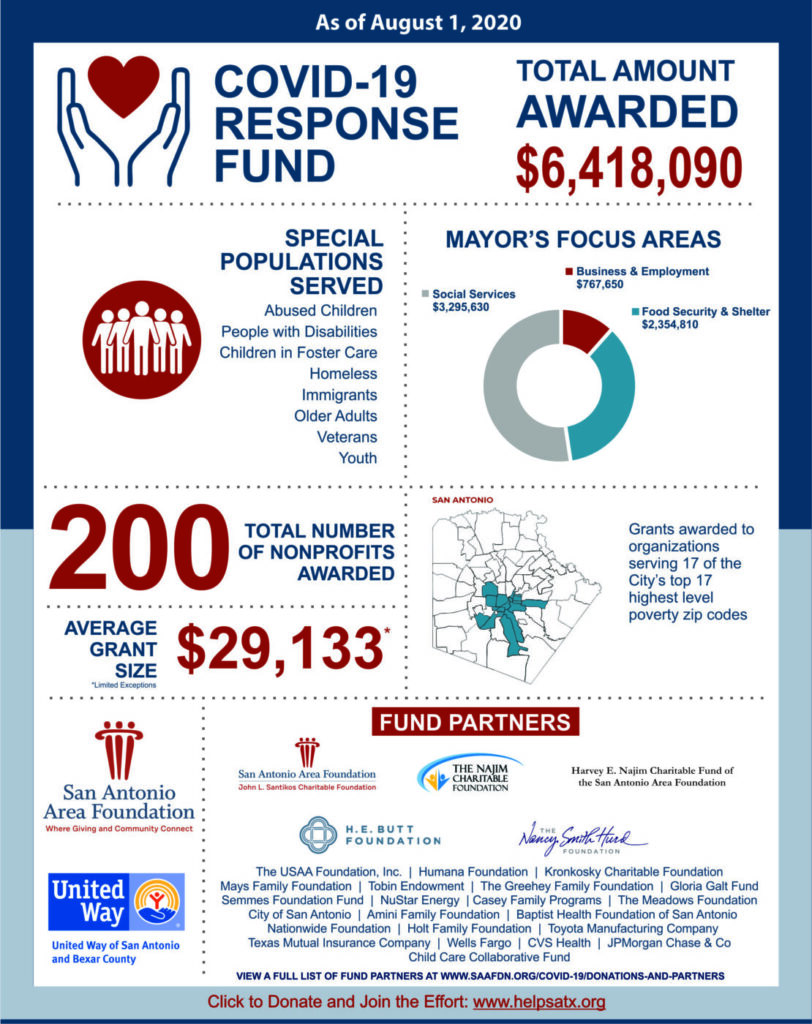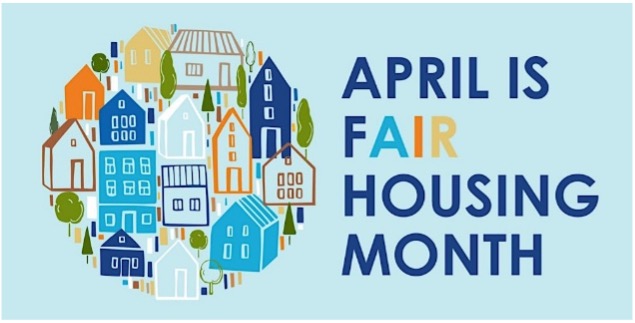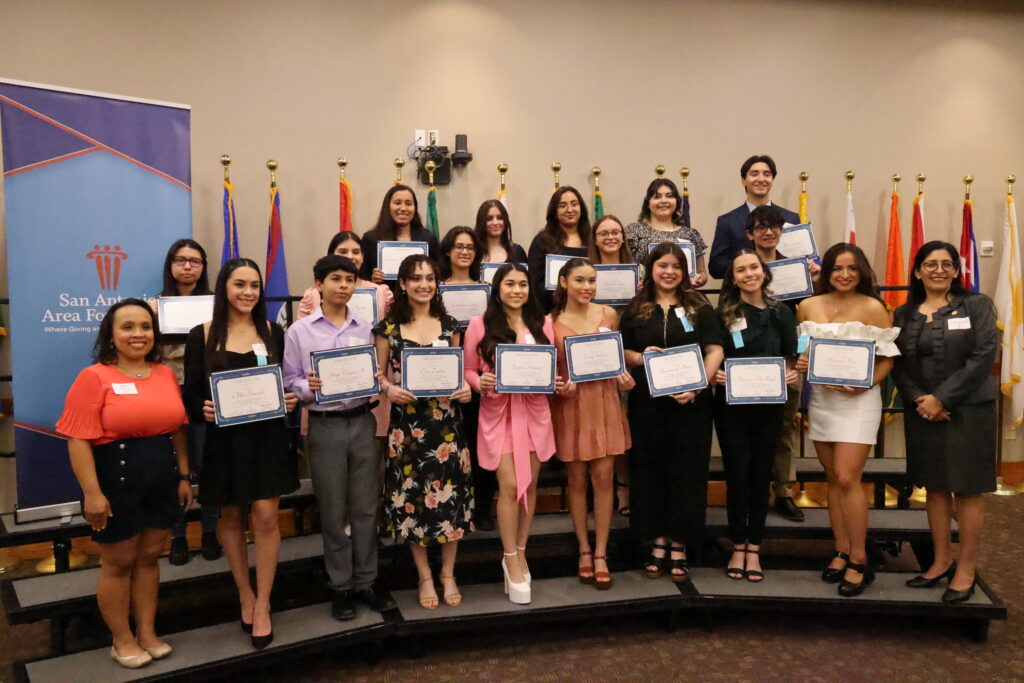San Antonio’s success as a city is the result of how the community consistently comes together to address urgent needs and unique opportunities.

The COVID-19 pandemic has proved that “we are stronger together,” a principle by which the San Antonio Area Foundation operates.
“With the pandemic, the philanthropic community had to mobilize quickly because we knew we had a tidal wave coming at us,” said Marjie French, CEO of the San Antonio Area Foundation. “We needed to position ourselves to address the need that was surely coming.”
French called up Chris Martin, President & CEO of the United Way of San Antonio and Bexar County, proposing teaming up to help nonprofits not miss a beat in a time of dire need.
“We chose to partner with the San Antonio Area Foundation because we share a common purpose of trying to improve lives in our community,” Martin said. “It was important for us to show a unified front as we faced the most significant crisis our residents have ever encountered in our community.”
The Area Foundation set up the COVID-19 Response Fund in March and immediately received lead gifts from the John L. Santikos Charitable Foundation, Harvey Najim, and the H-E-B Foundation.
Many others soon joined, such as The Nancy Smith Hurd Foundation, Mays Family Foundation, The USAA Foundation, Inc., The Humana Foundation, Kronkosky Charitable Foundation, NuStar Energy and the Greehey Family Foundation.
Shifting
Even before the pandemic forced significant changes to the Area Foundation’s operations, it was already making changes to its grantmaking process.
The Area Foundation increased its focus on equity, targeting particularly vulnerable zip codes in the community. It also shifted to providing operational awards, so that nonprofits could use grant funds to best serve their mission.
Some Area Foundation grants awarded prior to the pandemic were seamlessly shifted so nonprofits could best combat the coronavirus impact. The Area Foundation made it a top priority to focus awards on the essential needs of the community such as food insecurity, mental health and childcare assistance.
As the COVID-19 Response grew, Area Foundation staff called nonprofits who had not applied to encourage them to submit requests to the COVID-19 Response Fund. Many organizations which did not receive funding at first were encouraged to apply again and in the end, many were awarded grants.
“I have volunteered in the nonprofit space for more than three decades and I have never seen such an efficient operation,” said Mary Rose Brown, Executive Vice President and Chief Administrative Officer at NuStar Energy asserted.
“Foundation staff literally worked around-the-clock to effectively vet and analyze funding requests and get the dollars into the community at lightning speed at a time when the need for putting those dollars to work quickly has never been greater,” added Brown, member of the external response fund advisory committee which helped Foundation staff make grantee selections.
In less than two months, the COVID-19 Response Fund grew to more than $6 million – ultimately benefiting nearly 200 nonprofits in the region facing extremely dire circumstances.
Donor-advised funds (DAFs) at the Area Foundation also contributed to the fund and independently increased their grantmaking directly to nonprofits. The additional $7 million in direct grants from donor-advised funds pushed the total grantmaking impact to $13.4 million for area nonprofits.
Impact
Merced Housing Texas, which focuses on advocating for and providing affordable housing opportunities, received a $50,000 grant from the response fund.
Kristin Davila, Merced’s President, said the agency used half of the grant to cover its Resident Services Program for April. The other half came in the form of $250 gift cards to distribute to needy residents living at one of the agency’s apartment campuses.
“Our residents are working families that, quite often, live paycheck to paycheck and don’t have savings for emergencies,” Davila said. “The immediate and immense support from the COVID-19 Response Fund allowed us to respond to their emergencies instantly.”
The Bexar County Family Justice Center provides critical services to victims of domestic violence. Sadly, the pandemic actually led to an increase in reports of domestic violence.
The nonprofit agency had to find a way to remain operational – no easy feat, given that by design it is set up as an in-person, walk-in program.
The center had already received a grant from the Area Foundation in 2019. Due to the impact of the pandemic, the Area Foundation readily approved the center’s request to shift use of those funds to buy 17 laptops and 27 cell phones so staff could work from home.
The move by the Area Foundation to operational funding meant that the nonprofit could easily shift the original award in 2019 to the emergent needs of 2020.
It was nothing short of a game-changer, allowing the agency to not miss a beat in providing services to a larger-than-normal client base. “Despite the Stay Home/Work Safe orders, we are providing the same level of services as last year and then some,” explained Rebecca Perez, the center’s Programs Manager.

Partnerships
“I was so impressed by how community rallied together and galvanized their collective talent,” Area Foundation CEO French effused.
The Area Foundation formed stronger bonds not just with fellow philanthropic counterpart United Way but also with leadership at the City of San Antonio and the many donors and contributors to the fund.
It was an inspiring display of philanthropy coming together in true partnership, solidifying already great working relationships.
The work is not over – not by a long shot.
As the Area Foundation moves from triage to recovery during the pandemic, people will continue to look to the philanthropic community for support. The lessons learned through our collective charitable efforts will guide our work moving forward, again and again.

